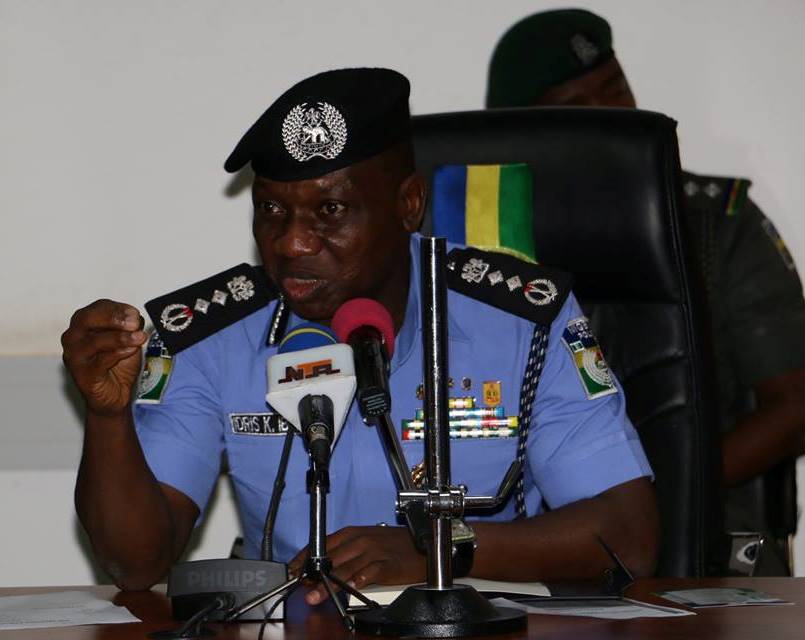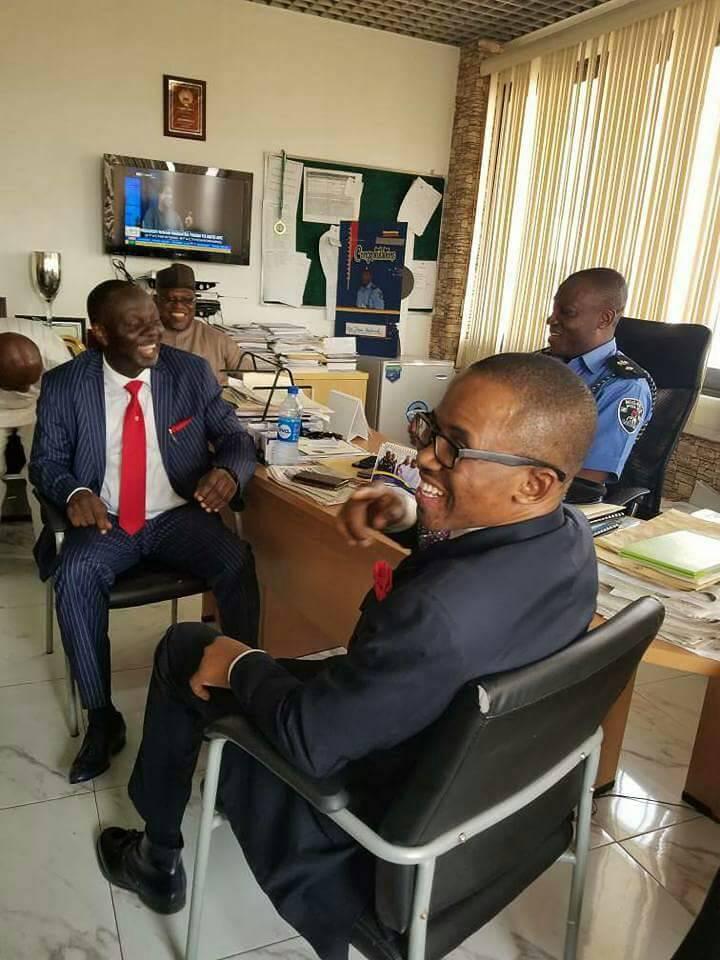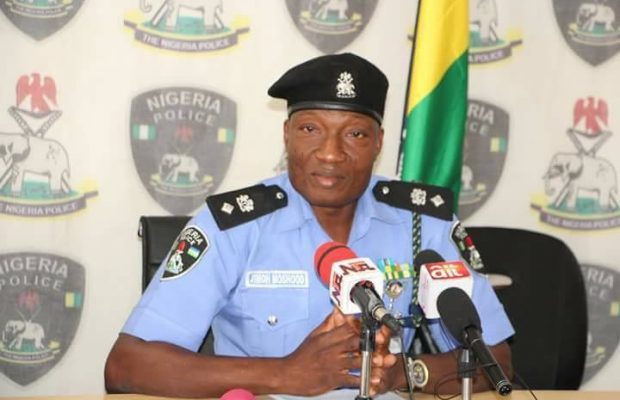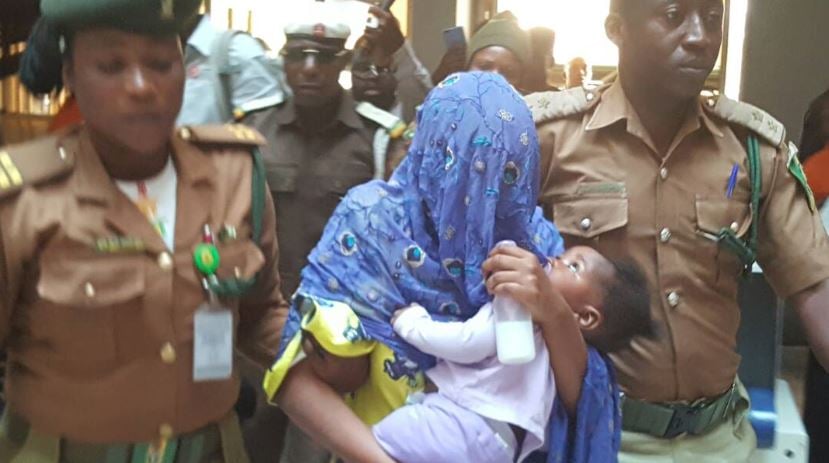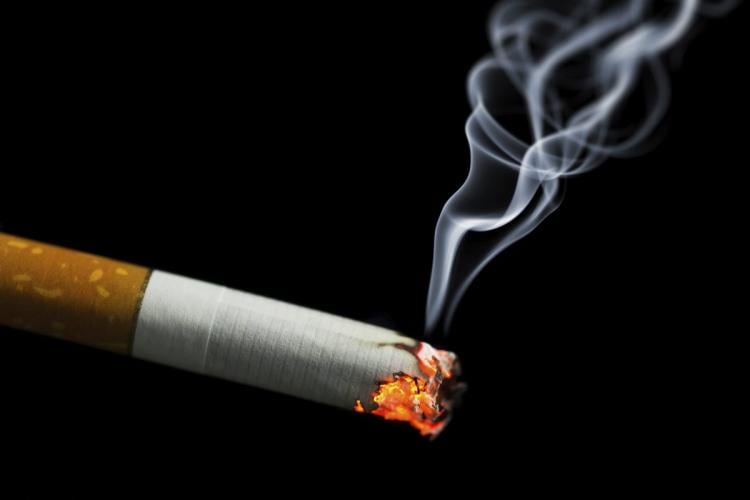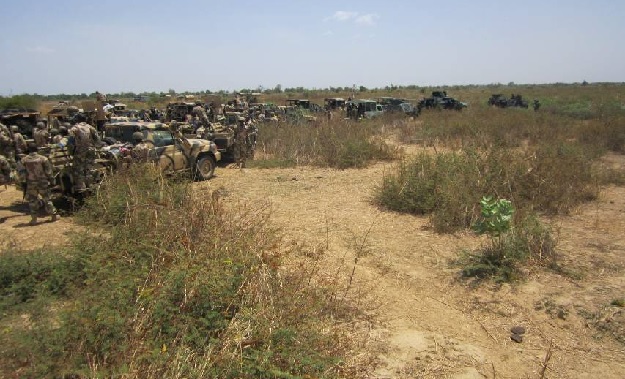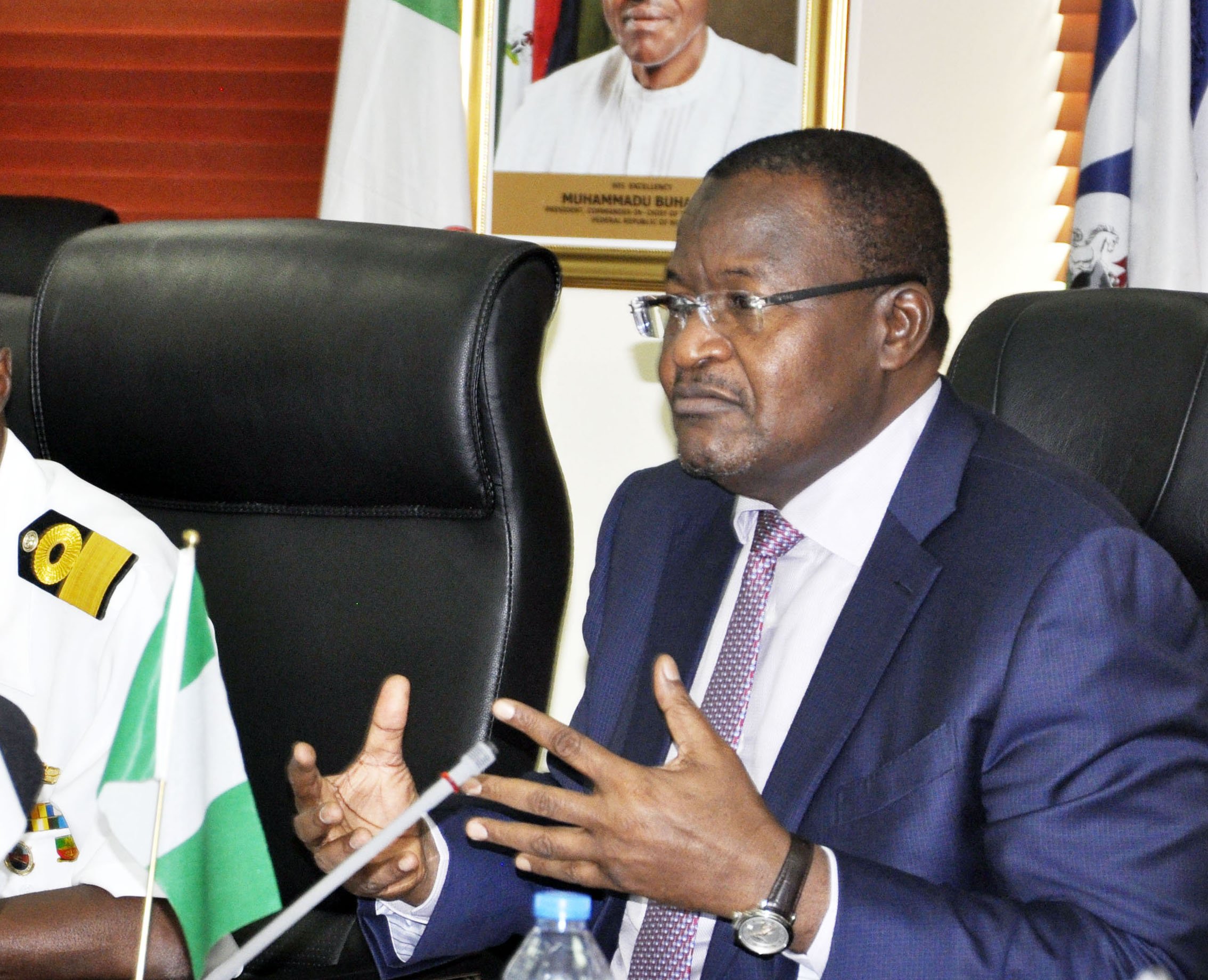In June 2016, President Muhammadu Buhari appointed Ibrahim Idris as the inspector-general of police.
In less than two years since Kpotum, a lawyer and agriculturist, assumed office, freedom of assembly and expression has been threatened on a number of occasions while his handling of sensitive matters of national security appears to indicate an inherent lack of equity and fairness.
ARRESTED BLOGGERS FOR ‘NEGATIVE REPORT’
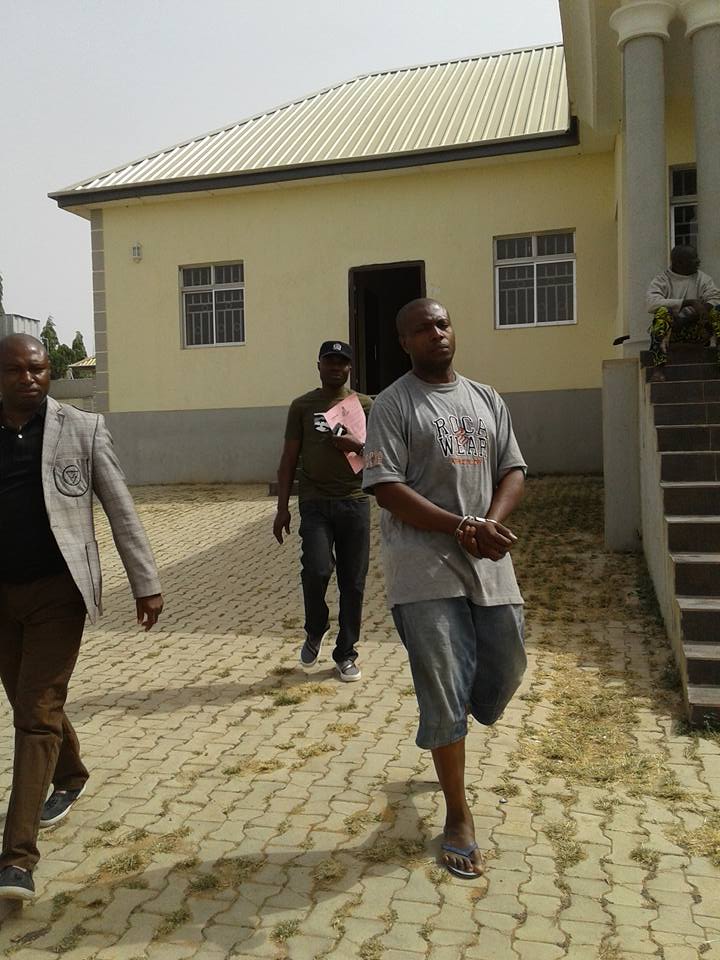
On January 1, 2018, armed operatives of the special anti-robbery squad (SARS) stormed the home of the Elombahs in Anambra state. Six of the family members were arrested, including Daniel and Timothy, two brothers who are, respectively, publisher and editor of elombah.com.
The policemen who struck around 5am climbed over the gate with a ladder and ransacked the home of the Elombahs. The officer who led the operation reportedly told the Elombahs that the IGP personally ordered their arrest because Timothy was accused of publishing an article on their news site. The article, it was said, is aimed at blackmailing the IGP.
Advertisement
“The article titled ‘IGP Ibrahim Idris’s Unending Baggage of Controversies’ was published as an opinion piece on opinionnigeria.com, an online medium that was hitherto unknown to any of us,” Daniel explaineafter he was released, while his brother was still in the police custody.
The brothers, however, denied publishing the article, and they kept asking why they were arrested.
The IGP did not immediately provide explanations for the arrest. A few days later, when Timothy was still in detention, Idris told state house correspondents that the bloggers were arrested because they committed an offence.
Advertisement
While the IGP did not mention the offence committed, he said: “I don’t need to send anybody but whenever you commit an offence, it is our duty to ensure that we respond.”
ARRESTED BBOG MEMBERS
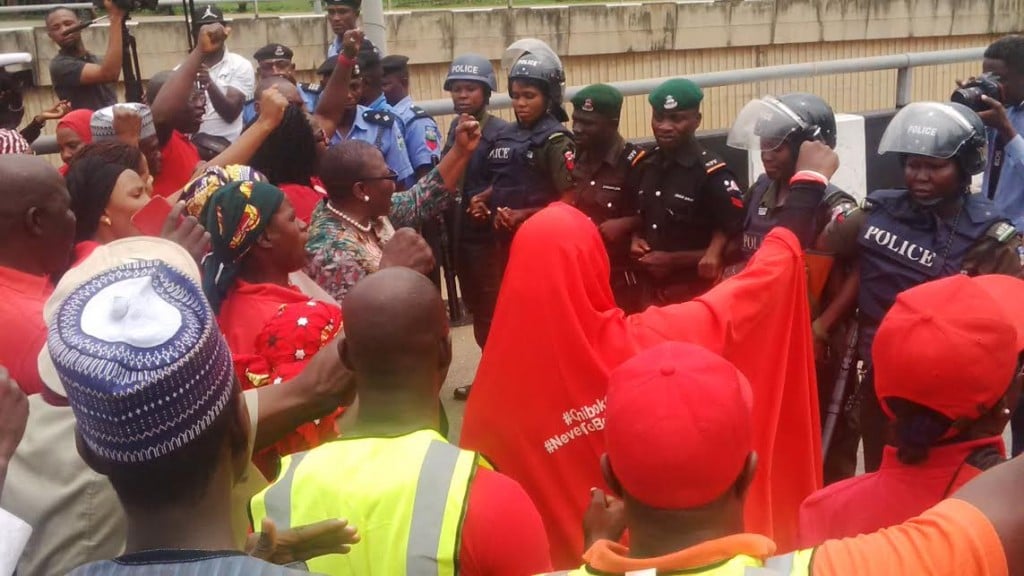
When Buhari took over in 2015, he maintained that the war against insurgency would not be over until the abducted Chibok school girls were freed. And since the girls are still in captivity, the Bring Back Our Girls (BBOG) movement has not relented in its campaign to get the girls freed.
In January, the group, after its sit-out at the Unity Fountain in Abuja was about marching to the presidential villa—to remind the president of their demands — when armed policemen laid a siege around them.
Oby Ezekwesili, a former minister of education and co-convener of BBOG, in a series of tweets, said the IGP had been instructed by Buhari to detain her and other members of the group.
Advertisement
“Policemen and women have built an impregnable wall and locked me in,” she tweeted, adding that when she asked to be let out, the police officers acting on the instruction of the IGP refused.
DESCRIBED BENUE KILLINGS AS ‘COMMUNAL CRISIS’
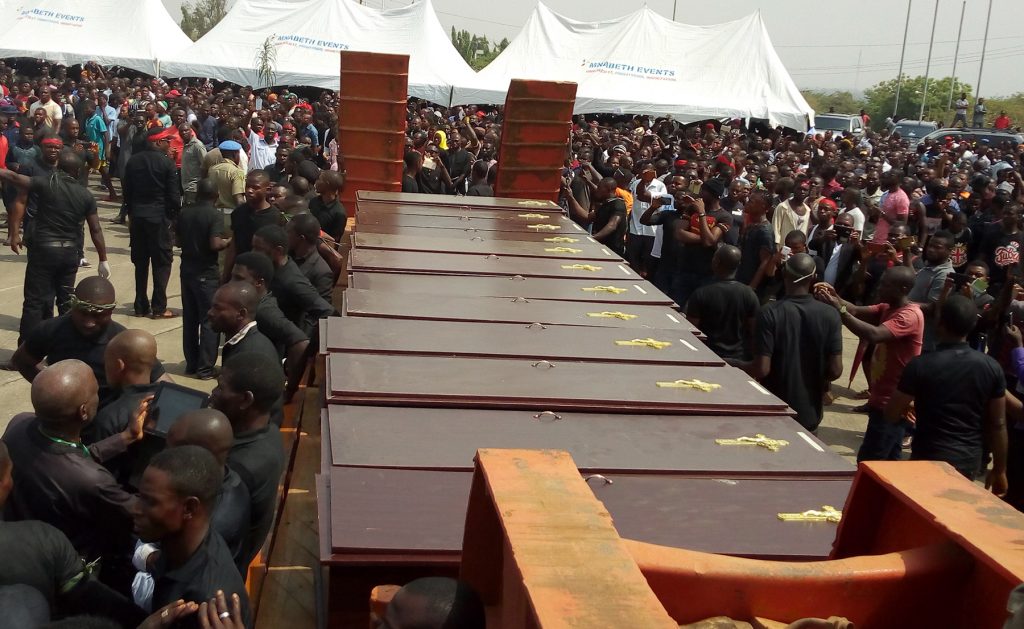
The global terrorism index (GTI), in 2015, rated herdsmen as the fourth deadliest terror group in the world. But in January 2018, a few days after about 70 people, including children, were massacred by herdsmen in Logo and Guma local government areas of Benue state, the IGP said the killings were triggered by mere communal clashes, disregarding the well-known controversy surrounding grazing.
Subsequently, the IGP blamed the escalation of the crisis on the implementation of the anti-grazing law by the Benue state government.
Samuel Ortom, Benue state governor, who continually bore the brunt, described the IGP as a man not on the side of innocent Nigerians.
Advertisement
“With his latest demand that the ranching law of Benue be suspended, it is now clear where the loyalty and interest of the inspector-general of police lies — certainly not with innocent Nigerians.”
Ortom wondered how herdsmen had the effrontery to go about with sophisticated weapons, “terrorising” people in the state without being arrested. And when the governor asked that the IGP should resign, Jimoh Moshood, the force public relations officer, called the governor a “drowning man”.
Advertisement
DECLARED SPOKESMAN OF IBB WANTED
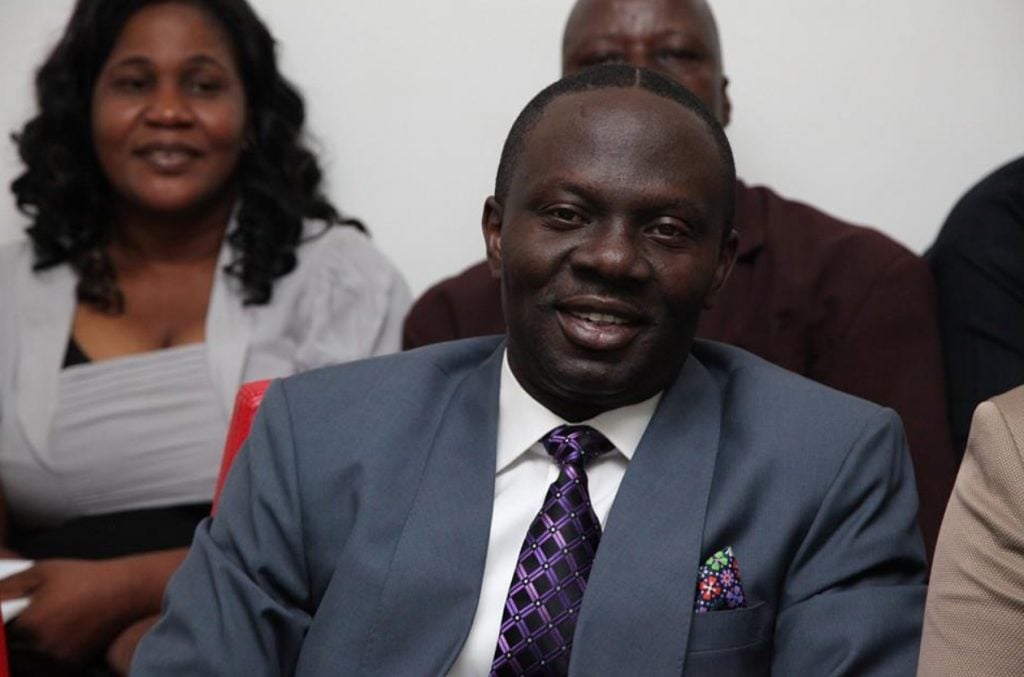
Kassim Afegbua, a longtime spokesperson of former military President Ibrahim Babangida, recently found himself in troubled waters after issuing a statement on his principal’s behalf.
In the statement, the former military ruler urged Nigerians to vote out Buhari in the 2019 election.
Advertisement
Babangida, who said it was time to sacrifice personal ambition for national interest, called on the electorate to bring in a new generation of leaders who would understand the dynamics of a 21st century Nigeria.
Shortly after the statement was released, there were speculations that Afegbua was wanted by the police.
Advertisement
At first, it sounded unbelievable that someone would be declared wanted for issuing a press statement at the behest of his principal.
Afegbua had not been on the run, and he was not served an invitation by the police, hence it was surprising that he was then declared wanted.
The spokesman in question was quick to dismiss the reports that he was a wanted man until Moshood confirmed it.
Moshood said the IGP ordered the arrest of Afegbua for making false statements, injurious falsehood, defamation of character and for an act capable of inciting public disturbance throughout the country.
“He is therefore declared wanted by the police and should report at the nearest police station,” Moshood announced.
Although there were controversies bordering on the statement issued by Afegbua, Babangida later confirmed its authenticity.
In spite of this, the police insisted that Afegbua must turn himself in.
Many Nigerians were taken aback by the turn of events, especially the IGP’s order that Afegbua be declared wanted.
The unprecedented development has many Nigerians wondering if Idris, saddled with the responsibility of maintaining law and order, is not a threat to democracy.
Add a comment

